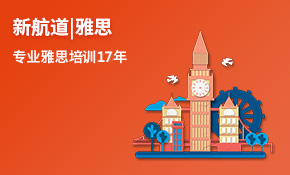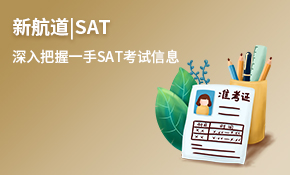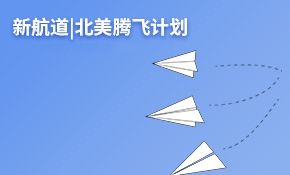南京国际学校加试真题 | 第21期:贴近生活的加试考题——Public Holiday
新年和愉快的假期结束啦!
然而年后的加试也会紧接而来。
贴近生活的加试考题少不了Public Holiday;
而公共假日就那么几个,如何生动的表达我们愉快的假期生活呢?
本期南京国际学校小编带你们进入假期的快乐~
考题呈现:Festival
1.What holiday is your favorite? Why?
2.Do you like the Spring Festival? Why or why not?
3.How do Chinese people celebrate the Spring Festival?
我们以过年为例;首先过年的地点不一样,
但无非就是City & Countryside.
这两个地方可以做的活动也不太一样。
比如countryside的地方可以放烟花;舞龙舞狮等。
城市是禁止烟花爆竹的。
一般在城市过年的同学少不了去外地走亲访友。
语料集锦:Spring Festival【春节】
除夕夜[New year’s Eve]之前,我们需要做很多的准备工作比如采购[Special purchases for the spring festival];大扫除[house cleaning]寓意是,冲走过去一年的坏运气[“cleaning the dust” refers to the house cleaning before Spring Festival washed away bad luck, in the past year]. 有一些地方,通常会贴上新的对联或者年画[Poetic couplets/paper-cuts/new year paintings]
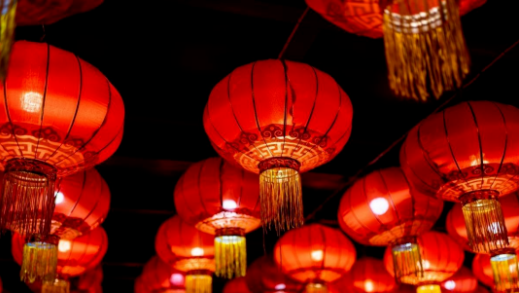
除夕夜[New year’s Eve]当天,我们需要提前到达亲戚家里或者在自己家准备年夜饭的传统美食。家庭聚餐[reunion dinner],通常会有一些腌制过的肉;[salty fish;Chinese bacon;smog meat],这些食物容易保存[easy preservation].除此之外[besides/plus],饺子和汤圆也是必要的传统美食,通常,北方吃饺子,南方吃汤圆。Dumpling and sweet dumpling are two types of very special traditional Chinese food in north and south. 中国人的年夜饭喜欢围绕一张大桌子坐下来,分享食物。[Sit around the big table; sharing food]
长辈会送上红包给晚辈;祈求新年好运.饭桌上大家会举杯同庆;互相敬酒[propose the toast],送上美好的祝福
[Red packets:cash wrapped up in red paper; symbolize fortune and wealth in the coming year.]
在一些countryside地方,大家会放鞭炮和烟花[fireworks/firecrackers]甚至有一些地方喜欢舞龙舞狮,以此来庆祝新年
Lion dance/dragon dance[to expect good weather and good harvests]
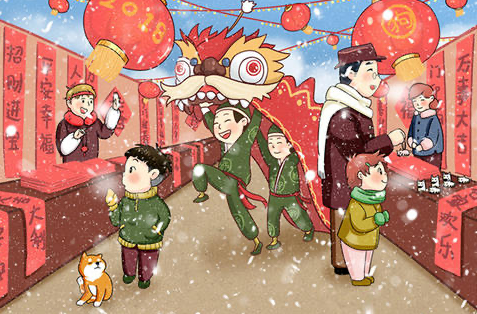
孩子们和大人通常还会守岁[staying-up].
On New Year's Eve, many Chinese stay up till midnight to welcome the New Year.
第二天,我们会拜访亲戚;走亲访友;相互祝愿美好新年。
Pay a visit 拜访某人...
那么同学们会过圣诞节吗?
Do you celebrate Christmas? If so, what do you do?
分享:南京国际学校









